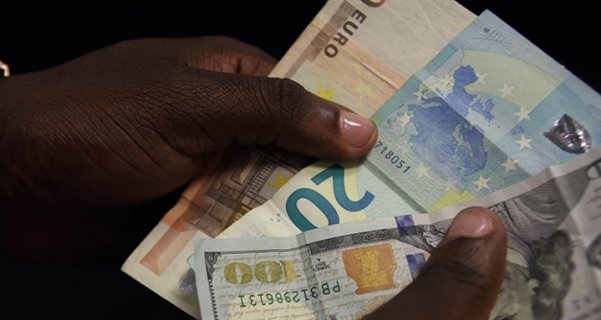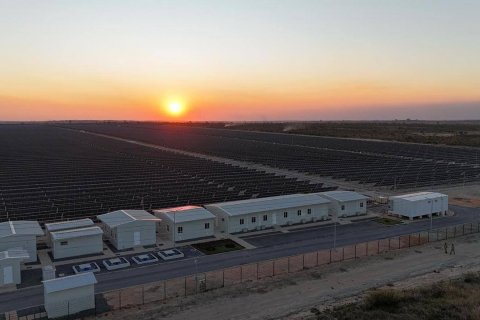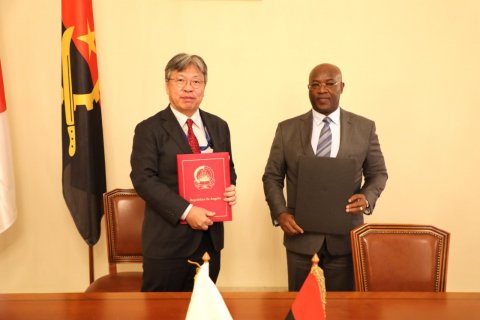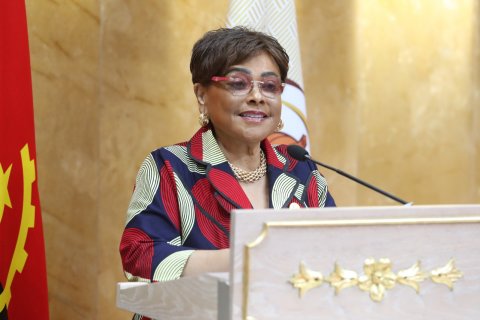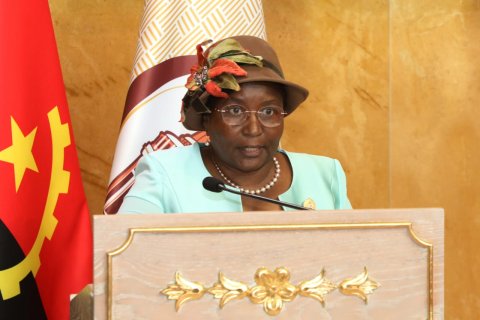"We are open to participating, depending on market conditions. Naturally we don't want to participate at a price that puts us in a worse situation than we are. So what we are doing is analyzing the market, analyzing the market's appetite for the risk Angola", said Vera Daves in an exclusive interview with Lusa.
"If we understand that the interest rate is unaffordable, we won't go. If we feel that it is a comfortable rate, we will go", said the minister, in the interview on the sidelines of the G20 meetings of finance ministers and central bank governors, in the Brazilian city from Sao Paulo.
The issuance of 'eurobonds' depends on how the country's debt will behave, he detailed, noting that the Angolan Government considers that the market's view of the country "is better than it has been, but it is still not at the level it would like it was. So, we will continue to observe and manage with other sources of financing until it is possible to resort to this one".
Vera Daves recalled that Angola has already returned to the market after the pandemic, with an issue in 2022.
"We used part of it [issuance of 'eurobonds'] to carry out a 'swap' operation. We repurchased debt that was due to mature in 2025 to gain more time. And to be able to better manage the 'stress' and pressure of debt service", she pointed out.
Since January, Côte d'Ivoire, Benin and Kenya have issued debt, always with interest rates below 10 percent.
The director of emerging markets at consultancy Oxford Economics considered, in an analysis of African countries that could return to the markets, that Angola is unlikely to make this move in 2024, waiting for 2025.
"The return to the markets seems more likely in 2025, after the lack of foreign currency is overcome, and Angola convinces the markets that it will meet external debt payments in foreign currency next year", writes Evghenia Sleptsova.
"Angola, despite its positive current account and larger reserves than its peers, faces a shortage of liquidity, in part due to renewed debt payments to China; the lack of foreign exchange that led to the 35 percent devaluation of the kwanza in June was followed by a hoarding by the Treasury to honor external payments", concluded the analyst.

